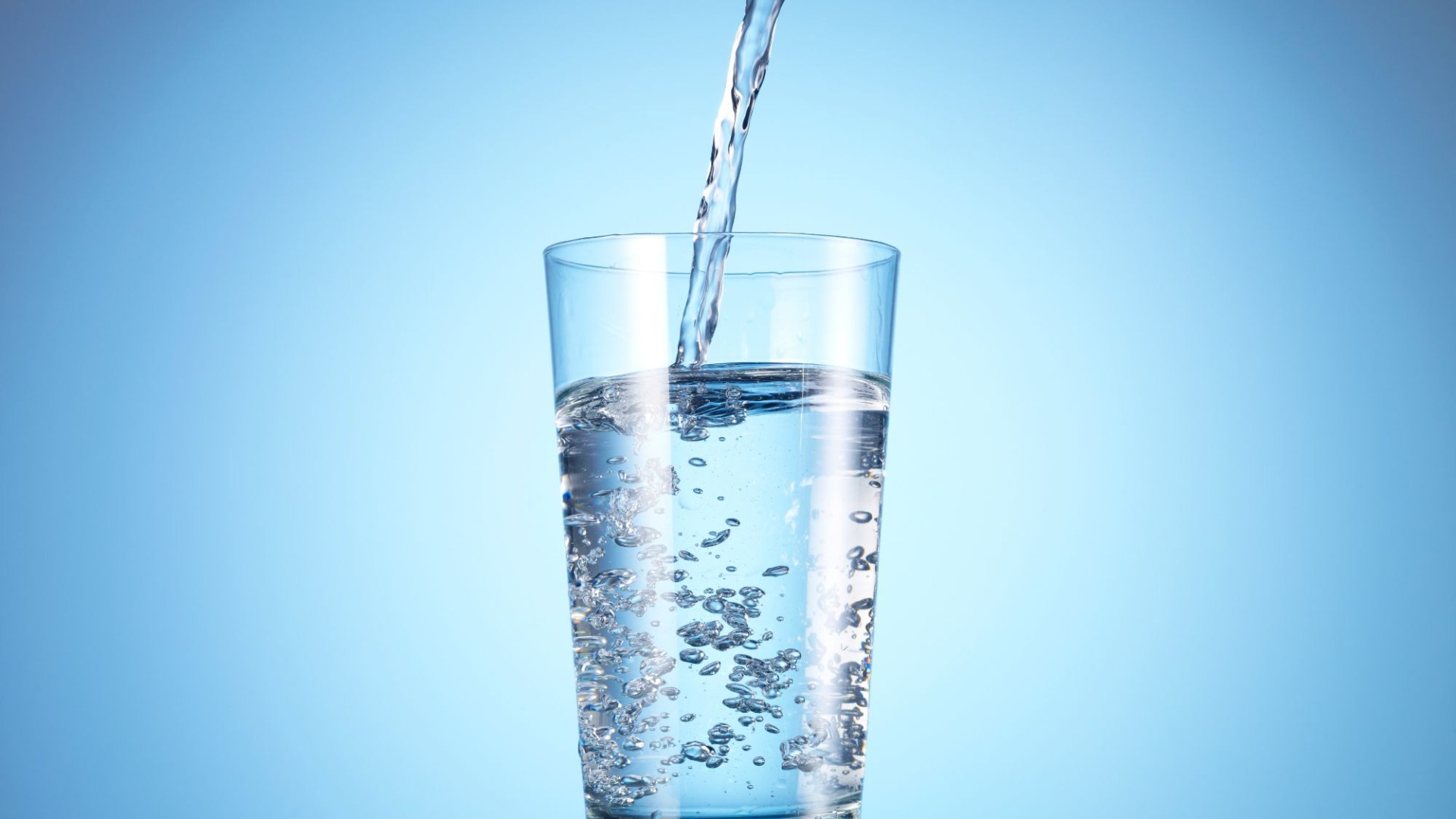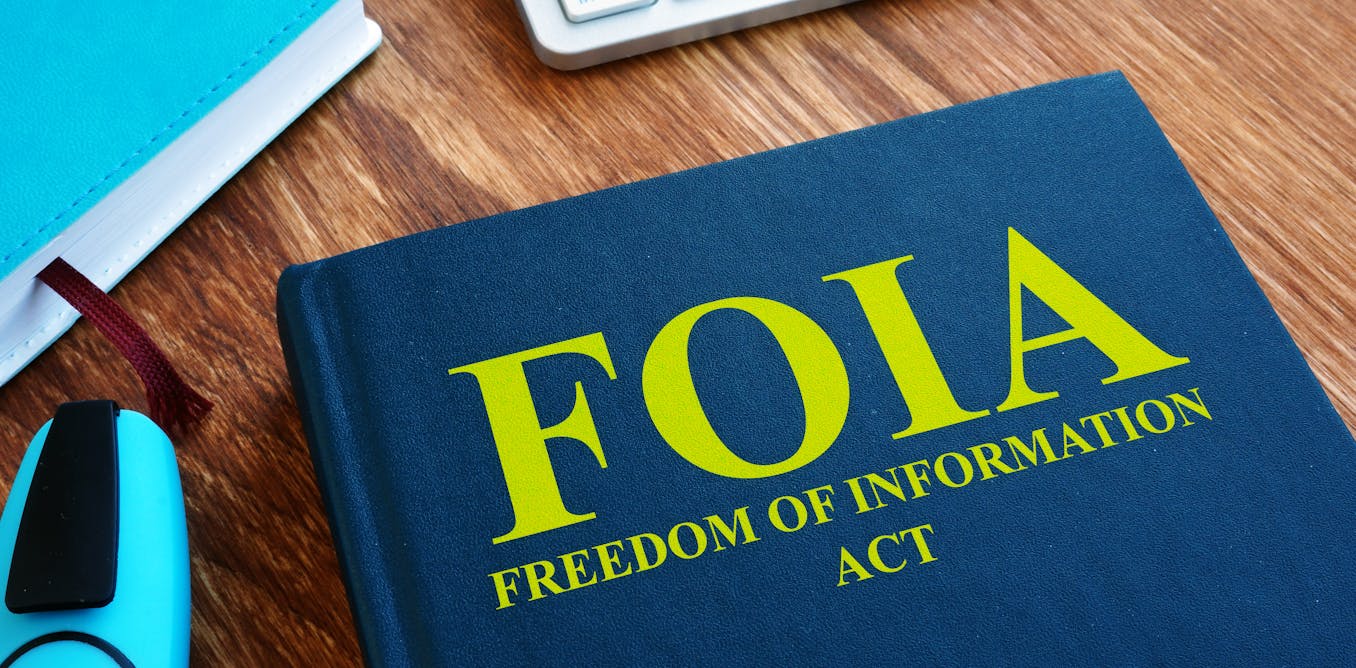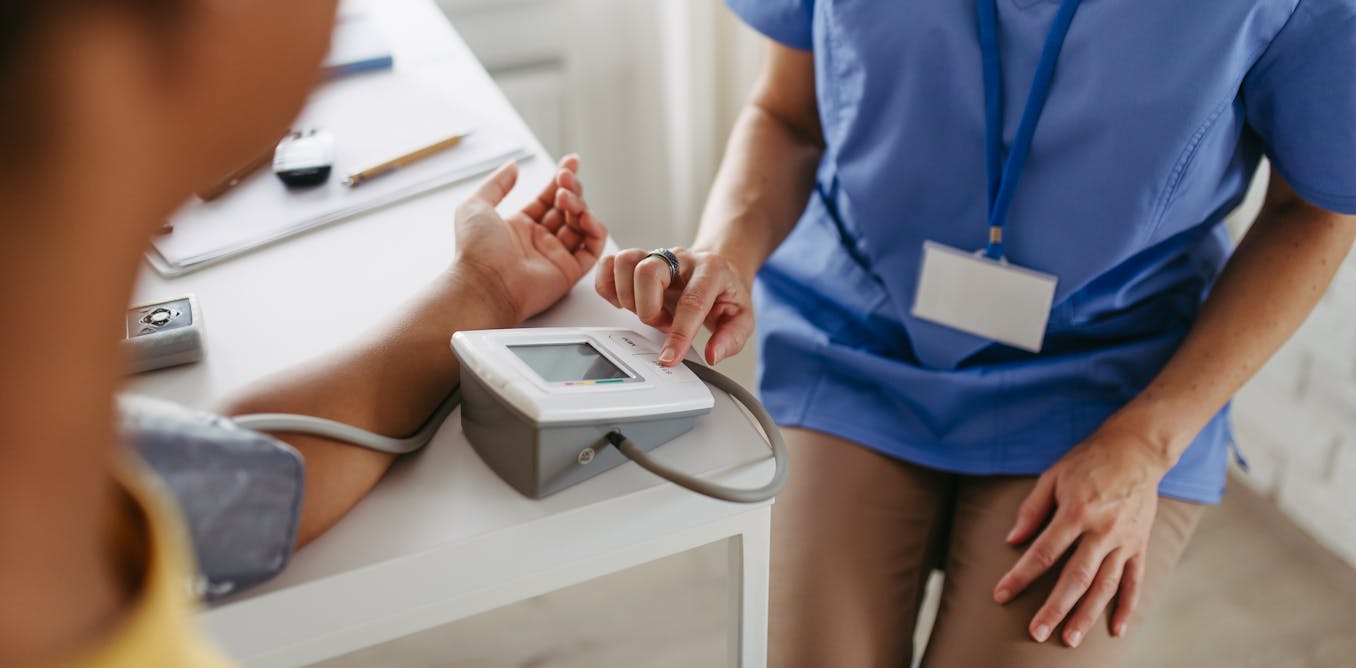THE colour of your pee is a good gauge of how well hydrated you are.
A pale straw hue probably means you’re having enough water, while a darker amber colour indicates you might need to get drinking.
3

3

3
But a crystal-clear stream is not what you should be aiming for, a GP has warned.
According to Dr Sermed Mezher, a London-based locum GP and author: “If your pee stream could be sold in Swarovski, then you’re doing it wrong.”
Yes, your urine should ideally be pale-coloured most of the time, he explained in a recent video posted to his Instagram page.
But drinking so much water that your pee is transparent instead of yellow-tinged can be “dangerous” according to the GP, and could put you at risk of a condition called water intoxication.
This is when you have more water in your body that you need, causing a chemical imbalance that may in some cases be fatal.
“Drinking too much water in a short period can lead to a condition called water intoxication, or hyponatremia,” Dr Mezher wrote in the accompanying post.
“This occurs when the excess water dilutes the sodium levels in your blood, disrupting the balance of electrolytes that your body needs for proper function.
“When sodium levels drop too low, cells start to swell,” the GP said.
This can be problem for essential organs like your brain, he noted.
Your brain is in “an enclosed cavity with limited space”, Dr Mezher explained, so “the only way it can go is down” when it starts to swell inside the confines of your skull.
When you get too much water in your brain cells, it increases pressure on your brain and affects how it works.
This can lead to symptoms like headaches, nausea, confusion and seizures, he warned.
In severe cases, water intoxication may even put people in a coma or result in death, the GP added.
What does the colour of your pee mean?
Urine colour normally ranges between light yellow and dark amber.
A change in your pee colour is usually due to something completely normal, but just occasionally it may be a sign that you should seek medical advice.
The darker the colour of the urine, the more concentrated it is.
Because people tend to sleep for several hours without having a drink, their pee is normally darker first thing in the morning.
Darker urine during the day or evening may be one of the signs that
someone is dehydrated, meaning they are not drinking enough fluids.
Eating certain foods can affect the colour of pee, though this doesn’t
happen in everyone.
Taking certain medications can also affect the colour of urine. Certain vitamin supplements may also change the urine to a particularly bright colour.
These changes are harmless and are due to colours in the food, supplements or medication.
How much the colour of your urine changes will depend on how much food you eat or supplements or medication you take, how hydrated you are and on your own body chemistry.
Seek medical help if your pee is red, brown or very dark coloured.
Source: NHS
So, what colour pee should you be aiming for?
He went on: “It’s important to note that your urine shouldn’t be completely clear all the time.
“While staying hydrated is crucial, some yellow tint in your urine is normal and indicates healthy hydration.
“Urine that is pale yellow reflects a proper balance of water and waste, while clear urine may suggest overhydration.
“On the other hand, dark yellow or amber urine could signal dehydration.
“Maintaining a balance is key – hydrating adequately without overconsumption ensures that your body can regulate fluids effectively.”
How much water should I drink daily?
This begs the question of how much water you should be drinking throughout the day.
According to Dr Mezher, “two litres is good for most”.
The NHS Eatwell Guide recommends that people should aim to drink six to eight cups or glasses of fluid a day.
Water, lower-fat milk and sugar-free drinks, including tea and coffee, all count towards that.
But you may need to drink more if you’re pregnant or breastfeeding, in a hot place, are doing lots of physical activity or you’re ill or recovering.




